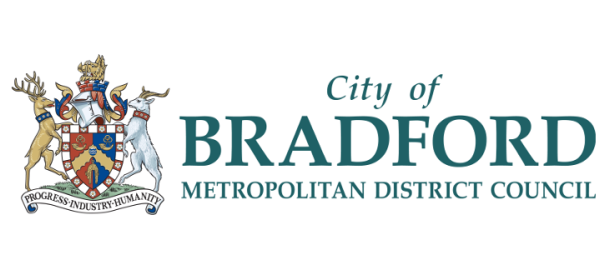Arts organisations can use data about a district’s demographics, the creative economy and cultural participation to better understand the broader context in which they operate.
Such information can help them identify trends and patterns in the arts and culture sector, and in a district as a whole. This can provide insights into the types of programs and activities that are likely to be successful.
For example:
- Data on cultural participation can help arts organisations understand the preferences and interests of their audience. This helps them tailor their programming to better meet the needs and desires of their audience.
- Data on the creative economy can provide information on the overall health of the sector. This informs arts organisations in planning for the future and making informed decisions about their operations.









